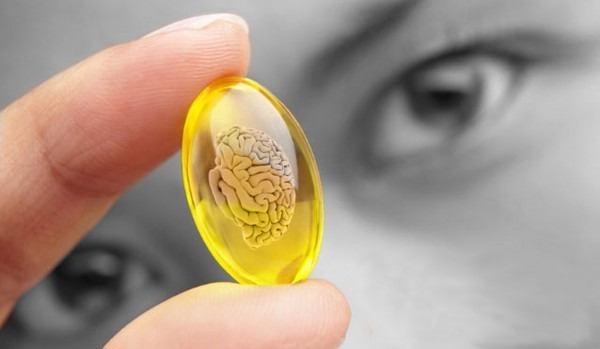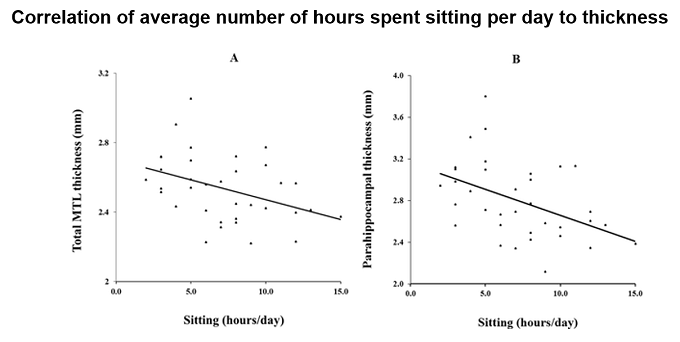Posts Tagged ‘Physical-activity’
UCLA launches major mental health study collecting & analyzing data from Apple wearables to better understand depression and anxiety
Apple and UCLA kick off a three-year depression study (CNBC): UCLA on Tuesday said it is launching a three-year study to better understand how factors such as sleep, physical activity, heart rate and daily routines impact symptoms of depression and anxiety. UCLA is working with Apple to design the study, which will use data collected…
Read MoreStudy: Only 5% of US children ages 8–11 follow screen time, sleep and exercise guidelines recommended for brain development
___ Limiting children’s screen time linked to better cognition, study says (CNN): “Limiting kids’ recreational screen time to less than two hours a day, along with sufficient sleep and physical activity, is associated with improved cognition, according to a study published in The Lancet Child & Adolescent Health. The study included about 4,500 US children…
Read MoreUpdate: 200 common prescription medications increase depression risk
___ Dear reader, Time for SharpBrains e‑newsletter. It’s been a busy month, once again bringing to the forefront the limitations of our current healthcare system and, on the positive side, the growing opportunities to improve Brain Health and Mental Health for all, if we pay attention to (and act on) latest research, thinking and tools. New…
Read MoreThe more hours you sit per day, the smaller your medial temporal lobe (MTL) seems to become, brain scans show
Sitting is bad for your brain — not just your metabolism or heart (UCLA release): “UCLA researchers recruited 35 people ages 45 to 75 and asked about their physical activity levels and the average number of hours per day they spent sitting over the previous week. Each person had a high-resolution MRI scan, which provides…
Read MoreTo maximize cognitive benefits, study suggests you exercise brain and body at the same time
___ Physical and mental multitasking may boost memory, study suggests (UCLA research alert): “Performing memory training exercises at the same time as pedaling a stationary bike led to better gains in memory than doing the training exercises after working up a sweat, according to a 55-person study led by UCLA researchers. The findings suggest that…
Read MoreCognitive Training or Gingko Biloba to prevent cognitive decline and dementia? New comprehensive report by the National Academies of Sciences, Engineering, and Medicine clarifies priorities for public health and for future research
Evidence Supporting Three Interventions That Might Slow Cognitive Decline and the Onset of Dementia Is Encouraging but Insufficient to Justify a Public Health Campaign Focused on Their Adoption (National Academies of Sciences, Engineering, and Medicine): “Cognitive training, blood pressure management for people with hypertension, and increased physical activity all show modest but inconclusive evidence that…
Read More




